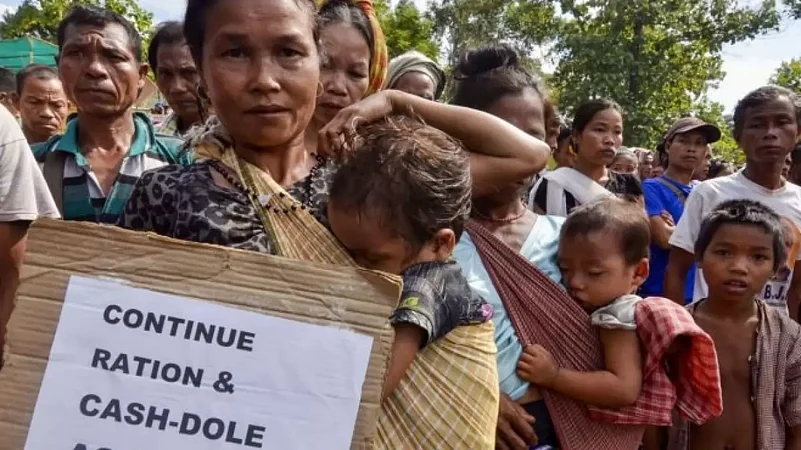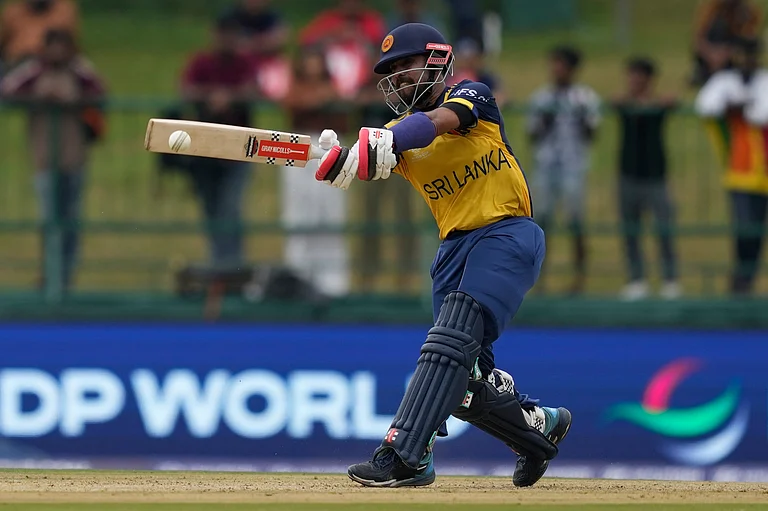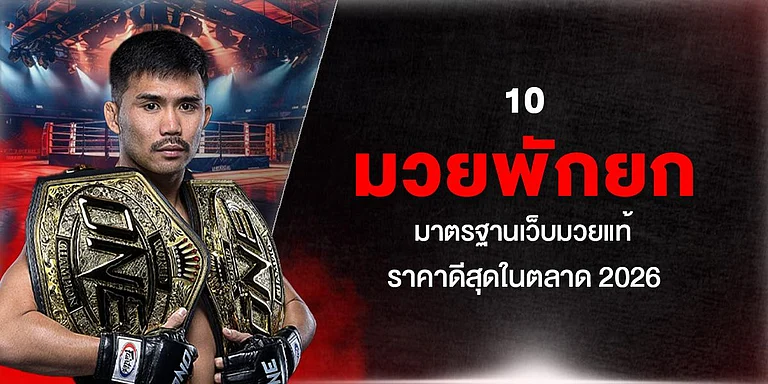The Tripura Election department on Thursday appealed to Bru refugees staying in relief camps in the state to go to resettlement villages and get their names enrolled in the electoral rolls during the special revision of voters' list, which is underway until December 8.
This is a significant step towards enfranchising the Bru refugees to enable them to participate in the 2023 Assembly elections in Tripura. To this end, with this initiative, the state election commission targets to enroll as many as 20,000 Bru voters of around 6,300 families.
"Altogether 7,165 Bru names have already been enrolled in Tripura while the remaining are expected to get registered in the state's electoral rolls during the special summary revision", Additional Chief Electoral Officer, Subhasish Bandhopadyay told PTI on Thursday.
This comes against the backdrop of an order from the Tripura High Court last month, that directed the state government led by Chief Minister Manik Shah to grant voting rights to Brus in the state after their 25-year long legal battle.
Who are Bru refugees?
Brus, also referred to as Reangs, are a tribal community indigenous to northeast India and have historically resided in parts of Mizoram, Tripura, and Assam. In the state of Tripura, the Brus are a designated Particularly Vulnerable Tribal Group (PVTG).
Most Brus residing in Tripura today have suffered more than two decades of internal displacement, fleeing ethnic persecution primarily from the neighboring state of Mizoram. It all started in 1995, when the Young Mizo Association and the Mizo Students' Association demanded that Brus be eliminated from Mizoram’s electoral rolls as they were not indigenous inhabitants. Being ethnically distinct from the majority Mizos, the Brus are often referred to as “Vai” in the state, meaning outsiders or non-Mizos.
Tensions escalated after the Brus retaliated against the Mizos’ attempts to disenfranchise them, and organized themselves into an armed group, the Bru National Liberation Front, and a political entity, the Bru National Union. They also demanded the creation of a separate Bru Autonomous District Council (ADC) in western Mizoram as per the provisions of the sixth schedule of the Indian Constitution.
However, their attempts at seeking greater autonomy were foiled and resultant ethnic clashes forced many Reangs in Mamit, Kolasib and Lunglei districts of Mizoram to migrate to neighboring Tripura in 1997. Today, roughly 35,000 Reangs continue to reside in north Tripura’s Kanchanpur camp as refugees, as per Home Ministry estimates.
Have there been any attempts to resettle the Brus?
The state governments, along with the union government have made multiple attempts to send Brus back to their homeland in Mizoram. But until 2014, following eight rounds of resettlement, only an estimated 5,000 individuals, or 1622 Bru-Reang families returned to Mizoram in various batches.
In July 2018, the governments of Tripura, Mizoram, and the central government concluded a quadripartite pact with Bru community representatives to resettle refugees in Mizoram. This was however opposed by not only native Mizo groups, but also by the Reangs who feared threats to life and further ethnic repression in their home state.
Efforts were still made to pursue the terms of this pact. In fact, as per a report published in the Indian Express, in October 2019, the supply of free ration to relief camps was halted on instructions of the Home Ministry in a bid to hastily complete the repatriation of refugees, which resulted in at least six starvation deaths.
Sensing a failure of the 2018 pact, the four groups once again came together in January 2020 to sign another quadripartite pact to resettle the Brus, this time in the state of Tripura. The central government earmarked a Rs 600 crore package to aid the rehabilitation efforts, and the Bru families were promised a residential plot, a fixed deposit of Rs 4 lakh, Rs 1.5 lakh grant to construct their houses, as well as free ration and monthly stipend of Rs 5,000 for a period of two years.
Additionally, the renewed 2020 pact also promised to include the displaced Reangs in the electoral rolls in Tripura, which Thursday's orders hope to implement.
What has been the progress on their resettlement?
Under the 2020 pact, the governments identified 16 potential resettlement locations in four districts of Tripura — North Tripura, Dhalai, South Tripura and Gomati. According to a report published in The Hindu in April 2021, the first batch of 515 refugees were provided settlements in Haduklapura and Duklai villages in Dhalai district.
But two years on since the pact, its implementation has remained laggardly and the community is yet to see complete rehabilitation. On Wednesday, Punit Agarwal, Principal Secretary under the Government of India, revealed that the Home Ministry has extended the deadline for the 2020 pact by a few months. The new deadline to resettle the Reang community in Tripura is now February 28, 2023.
Agarwal, in a comment to India Today, further revealed that so far, “4,171 families have been resettled in 10 locations already identified. The remaining 2,131 families are in the process of rehabilitation.” He added that the government has facilitated the construction of over 2,000 houses and necessary infrastructural facilities, including roads, electricity, drinking water, schools, Anganwadi centres, sub-health centres, ration shops etc. will also soon be provided in the designated rehabilitation areas.
Are there any loopholes in the resettlement pact?
Immediately after the pact was signed on January 16 in 2020, locals in Tripura, led by the Joint Movement Committee, staged anti-Bru settlement demonstrations across the state. They opposed the pact and alleged that it would disrupt the local demography, social, ecological and environmental balance of the region, specifically in North Tripura district.
State-wide strikes opposing the pact have sprung up repeatedly, and have at times taken a violent turn. For instance, in November 2020, a Fire Services officer, who was beaten by the angry mobs, succumbed to his injuries.
More recently, on November 6, more than 100 villagers staged an indefinite strike in Agartala to voice their opposition to the state government’s decision to resettle 800 families of displaced Brus in a village in South Tripura’s Santirbazar subdivision, Times of India reported.
Besides the locals’ grievances related to the resettlement plan, analysts point out that avoiding settlement at the conflict site is likely to fuel further tensions for the Brus residing in Mizoram, and may even force a further exodus and trigger a deeper humanitarian crisis.


























